Asphalt plants leasing
22
See all Construction machinery for sale
30





See all photos (20)
Electric
Stainmann COLDMIX asphalt plant
Asphalt plant
2021
Lithuania, Kirtimu street 17A, Vilnius
Published: 4d
120 000EUR
Price excl. VAT
Auction
- ≈ 139 122 USD
- ≈ 104 752 GBP
2021
Lithuania, Kirtimu street 17A, Vilnius
Contact the seller





See all photos (20)
Asphalt production line asphalt plant
Asphalt plant
Lithuania, Kirtimu street 17A, Vilnius
Published: 4d
52 800EUR
Price excl. VAT
Auction
- ≈ 61 213 USD
- ≈ 46 091 GBP
Lithuania, Kirtimu street 17A, Vilnius
Contact the seller
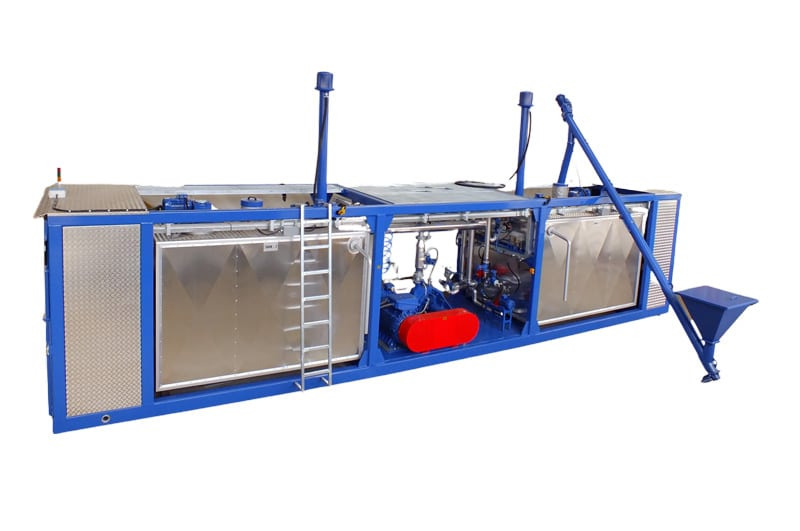
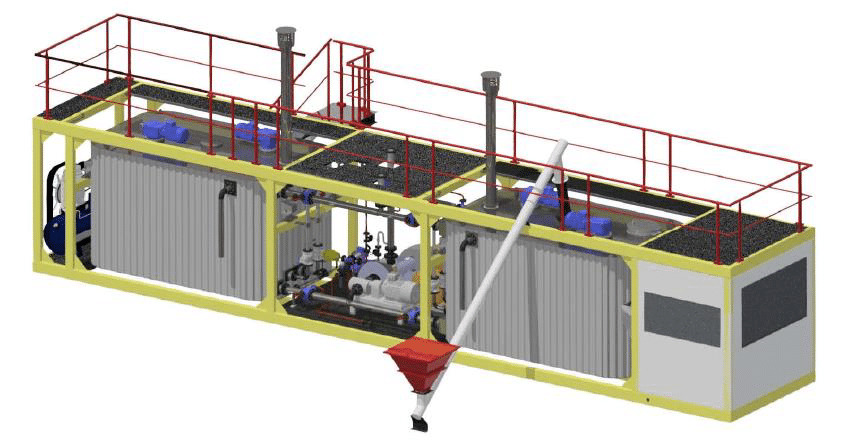
MBA Modified Bitumen Plant / Usines de Bitume Modifié / مصنع البيتومين المعدل
Asphalt plant
New
Turkey, Asem Sanayi Sitesi Susuz Mahallesi Küme Evler No:379/10 Yenimahalle / Ankara
Published: 9d
Ask for price
New
Turkey, Asem Sanayi Sitesi Susuz Mahallesi Küme Evler No:379/10 Yenimahalle / Ankara
Contact the seller
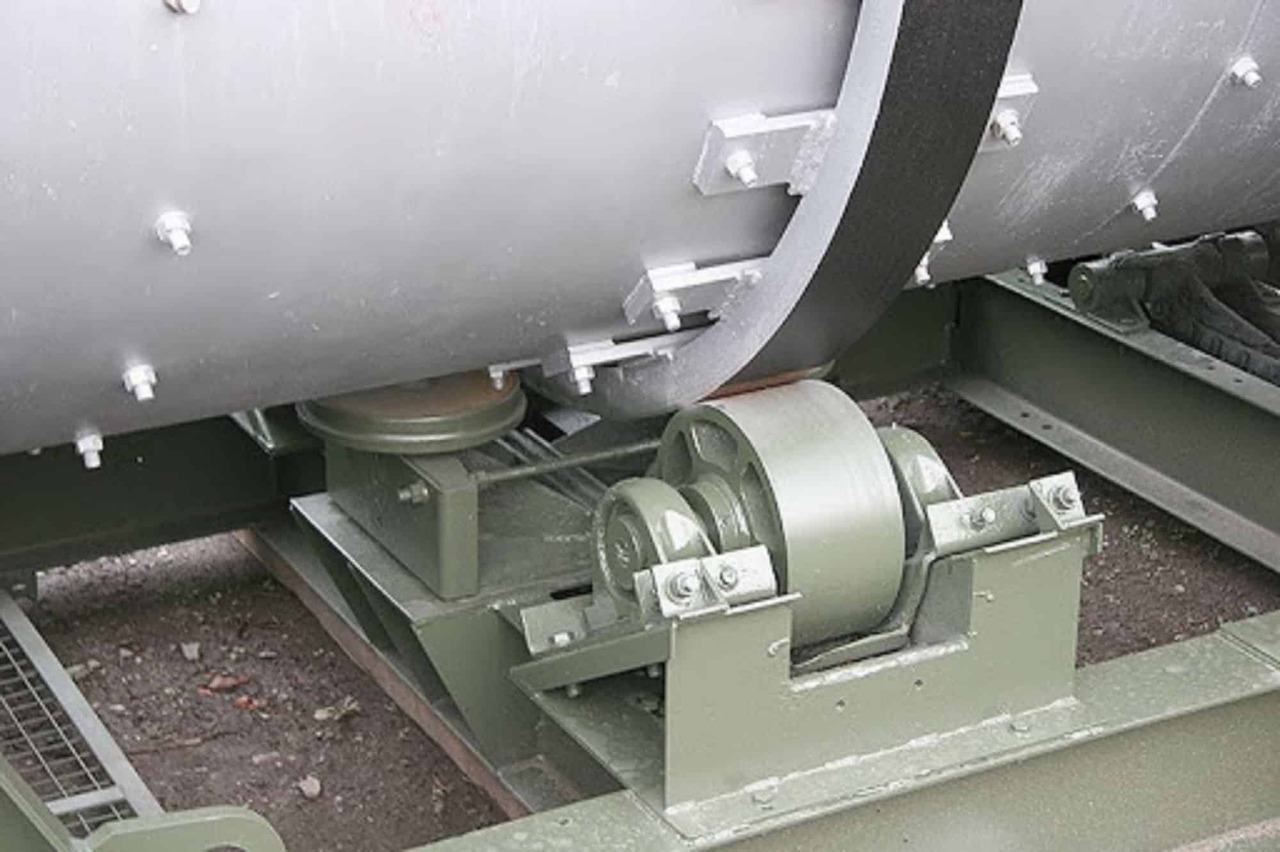
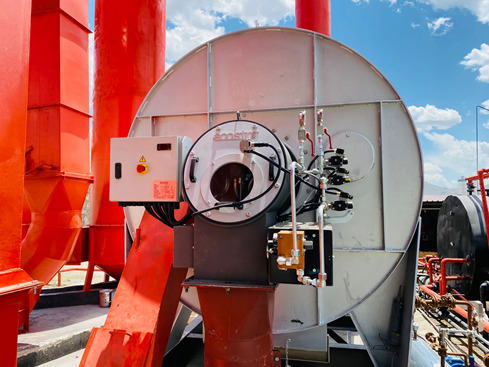
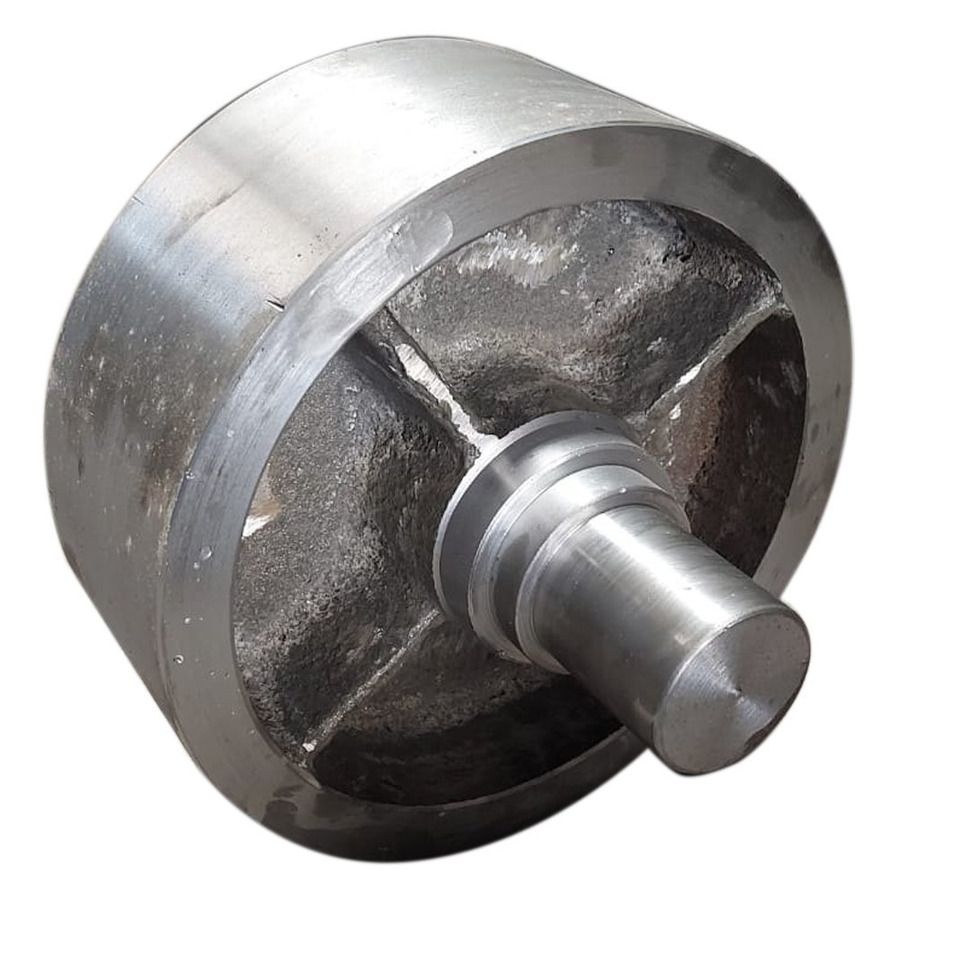
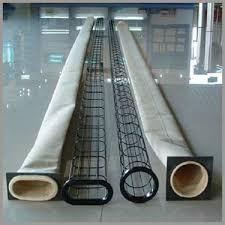
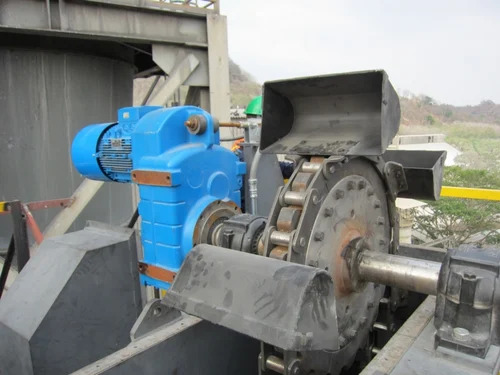
See all photos (5)
All Brand Asphalt Plant Spare Part / Pièces de rechange centrale d'enrobage / قطع غيار لمحطة الأسفلت
Asphalt plant
New
Turkey, Asem Sanayi Sitesi Susuz Mahallesi Küme Evler No:379/10 Yenimahalle / Ankara
Published: 9d
Ask for price
New
Turkey, Asem Sanayi Sitesi Susuz Mahallesi Küme Evler No:379/10 Yenimahalle / Ankara
Contact the seller
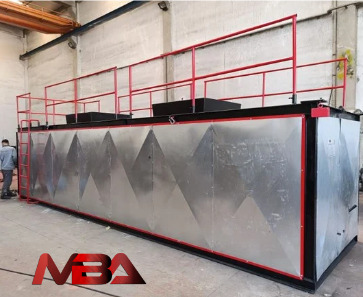
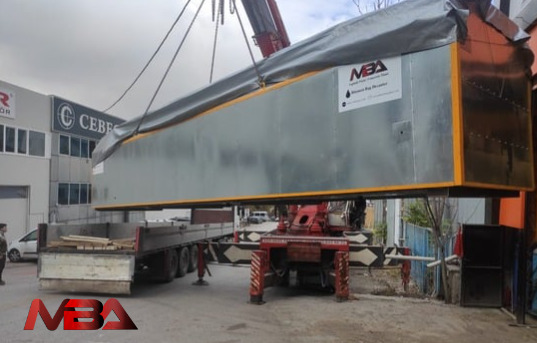
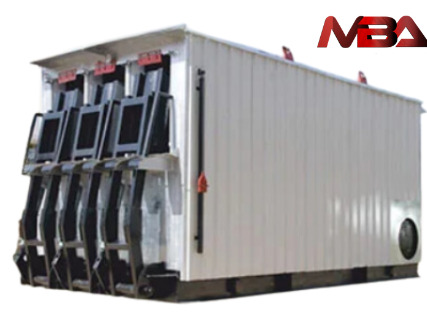
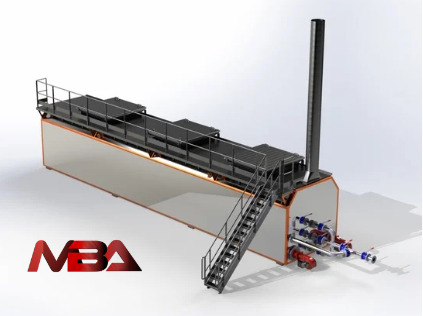
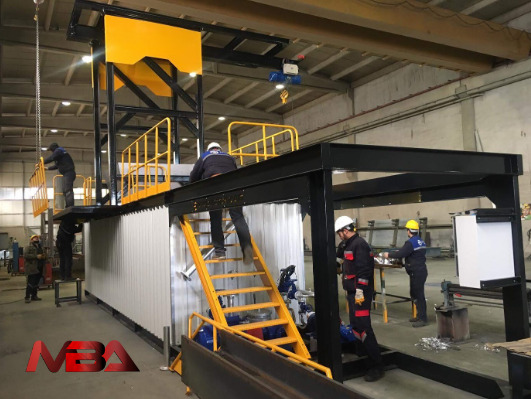
See all photos (6)
MBA Bitumen Melting Machine / Usine de Fusion de Bitume / آلة صهر البيتومين
Asphalt plant
New
Turkey, Asem Sanayi Sitesi Susuz Mahallesi Küme Evler No:379/10 Yenimahalle / Ankara
Published: 9d
Ask for price
New
Turkey, Asem Sanayi Sitesi Susuz Mahallesi Küme Evler No:379/10 Yenimahalle / Ankara
Contact the seller




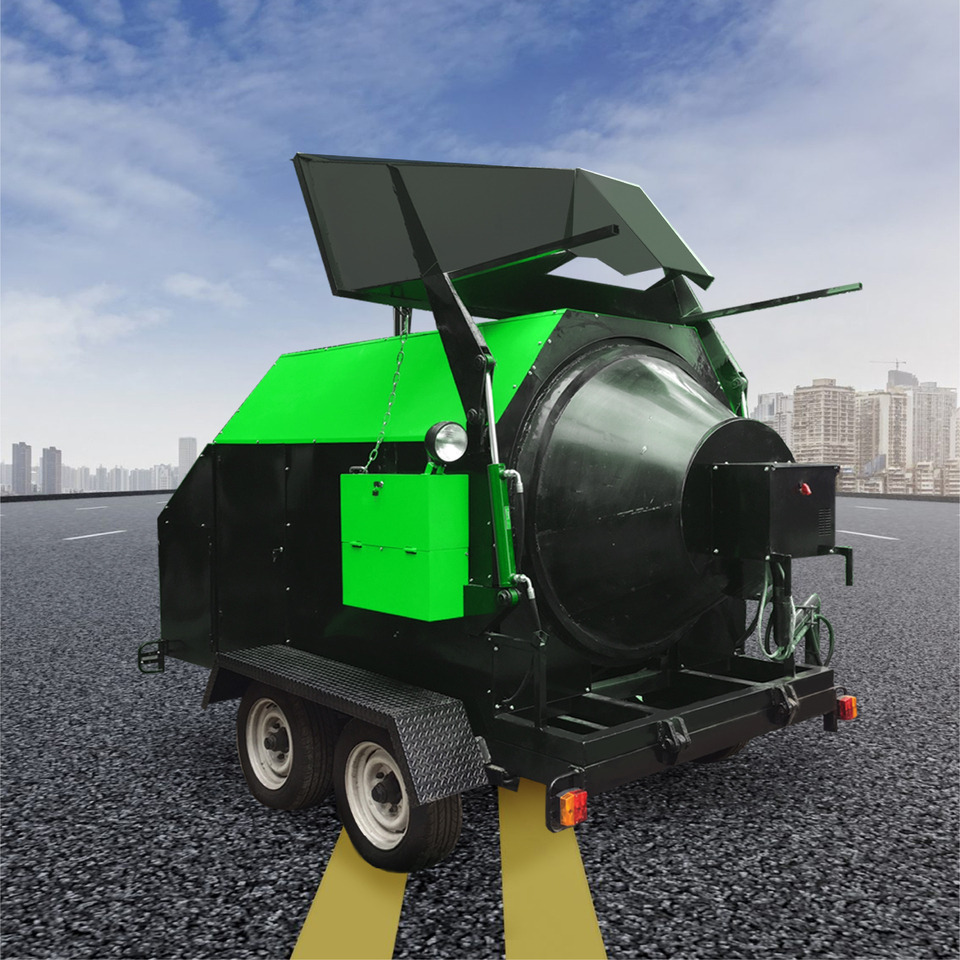
See all photos (12)
TICAB New Mini-asphalt plant, Asphalt Recycler, Manufacturer, 2.0 t per hour
Asphalt plant
New2025Net weight: 1500 kg10 hp
Poland, 35-322 , ul.Spichlerzowa 38C Rzeszow, Poland
Published: 16d
Ask for price
New2025Net weight: 1500 kg10 hp
Poland, 35-322 , ul.Spichlerzowa 38C Rzeszow, Poland
Contact the seller


2006 WIRTGEN KMA200
Asphalt plant
2006350 h
China, TianE'HuPan, Dongliu Rd. Hefei, Anhui
Published: 1mo 20d
Ask for price
2006350 h
China, TianE'HuPan, Dongliu Rd. Hefei, Anhui
Contact the seller





See all photos (5)
Constmach Mobile Asphaltanlagen vom Batch-Typ
Asphalt plant
New2025
Germany, Bavyera, Almanya
Published: 2mo 8d
Ask for price
New2025
Germany, Bavyera, Almanya
Contact the seller





See all photos (5)
Constmach Mobile Asphaltanlage
Asphalt plant
New2025
Germany, Bavyera, Almanya
Published: 2mo 8d
Ask for price
New2025
Germany, Bavyera, Almanya
Contact the seller





See all photos (11)
Constmach Stationäre Asphaltanlage wird auf Lager geliefert.
Asphalt plant
New2025
Germany, Bavyera, Almanya
Published: 2mo 8d
Ask for price
New2025
Germany, Bavyera, Almanya
Contact the seller





See all photos (9)
Constmach Feste Asphaltanlagen vom Batch-Typ
Asphalt plant
New2025
Germany, Bavyera, Almanya
Published: 2mo 8d
Ask for price
New2025
Germany, Bavyera, Almanya
Contact the seller
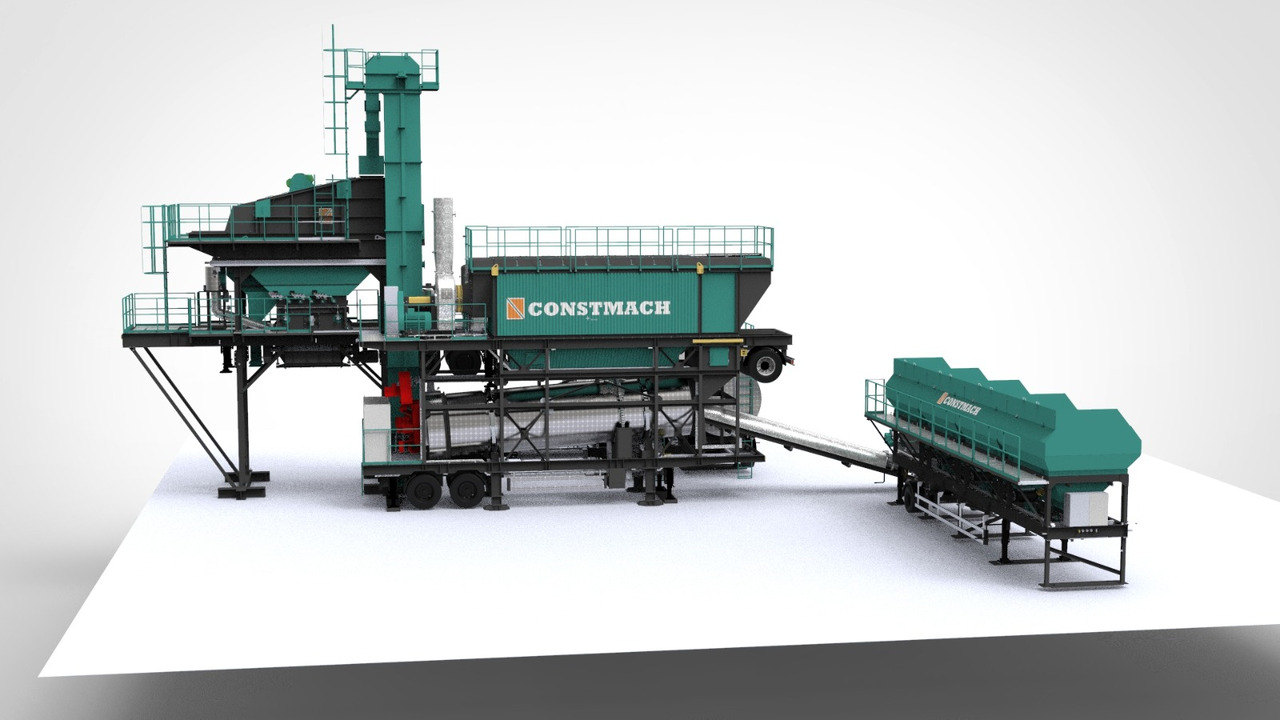

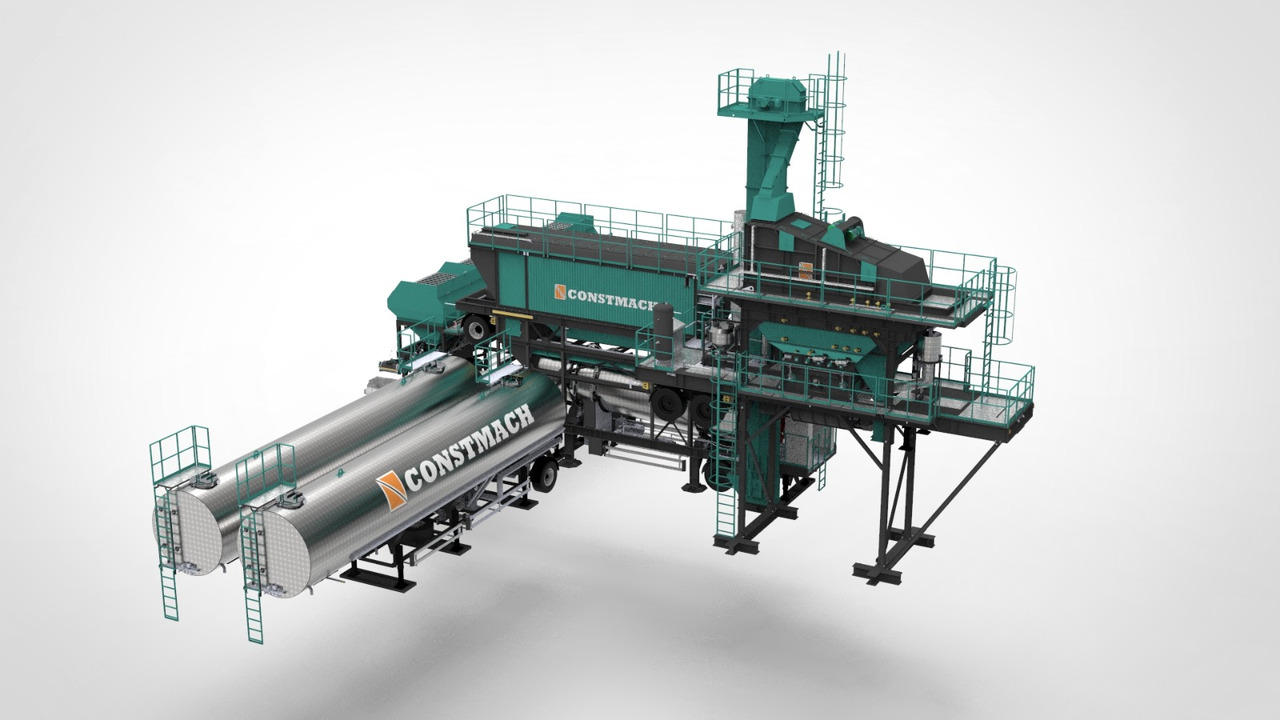
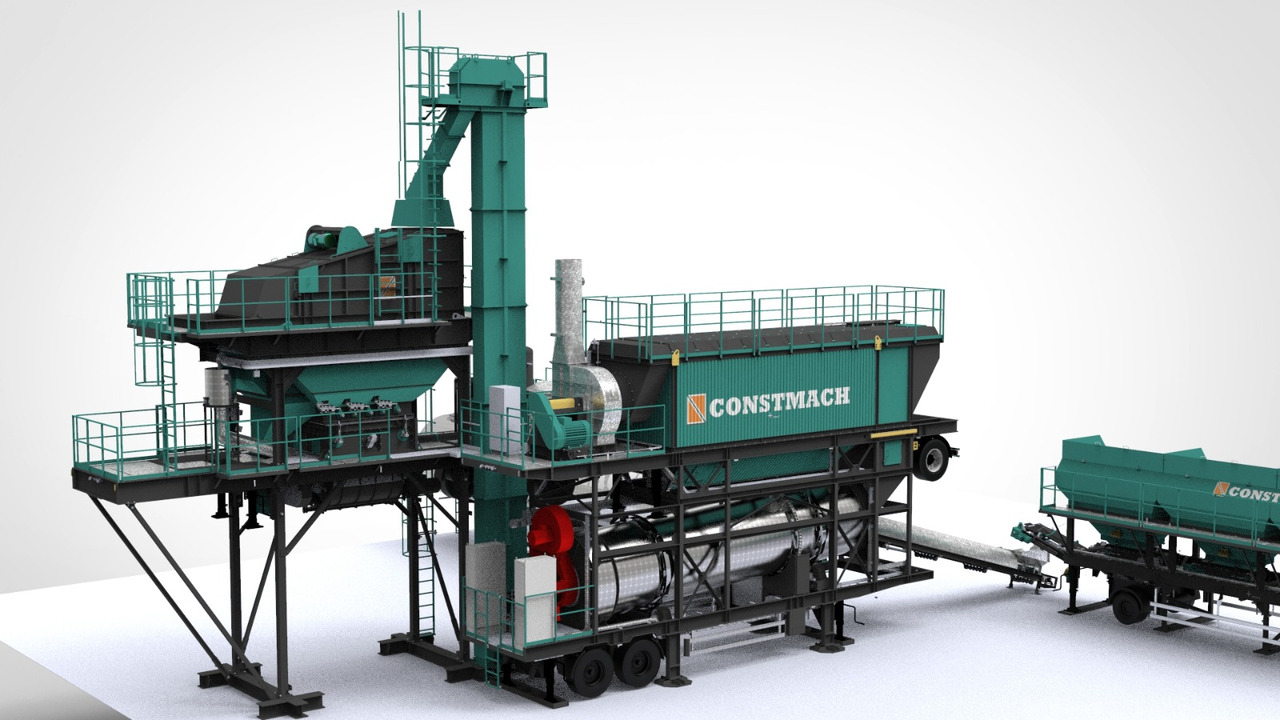

See all photos (9)
Constmach Mobile Batch Type Asphalt Plants
Asphalt plant
New2025
Turkey, Halilbeyli Bayosb Anadolu Cad. No:1 Bağyurdu Organize Sanayi Bölgesi, Kemalpaşa/İzmir
Published: 2mo 8d
Ask for price
New2025
Turkey, Halilbeyli Bayosb Anadolu Cad. No:1 Bağyurdu Organize Sanayi Bölgesi, Kemalpaşa/İzmir
Contact the seller




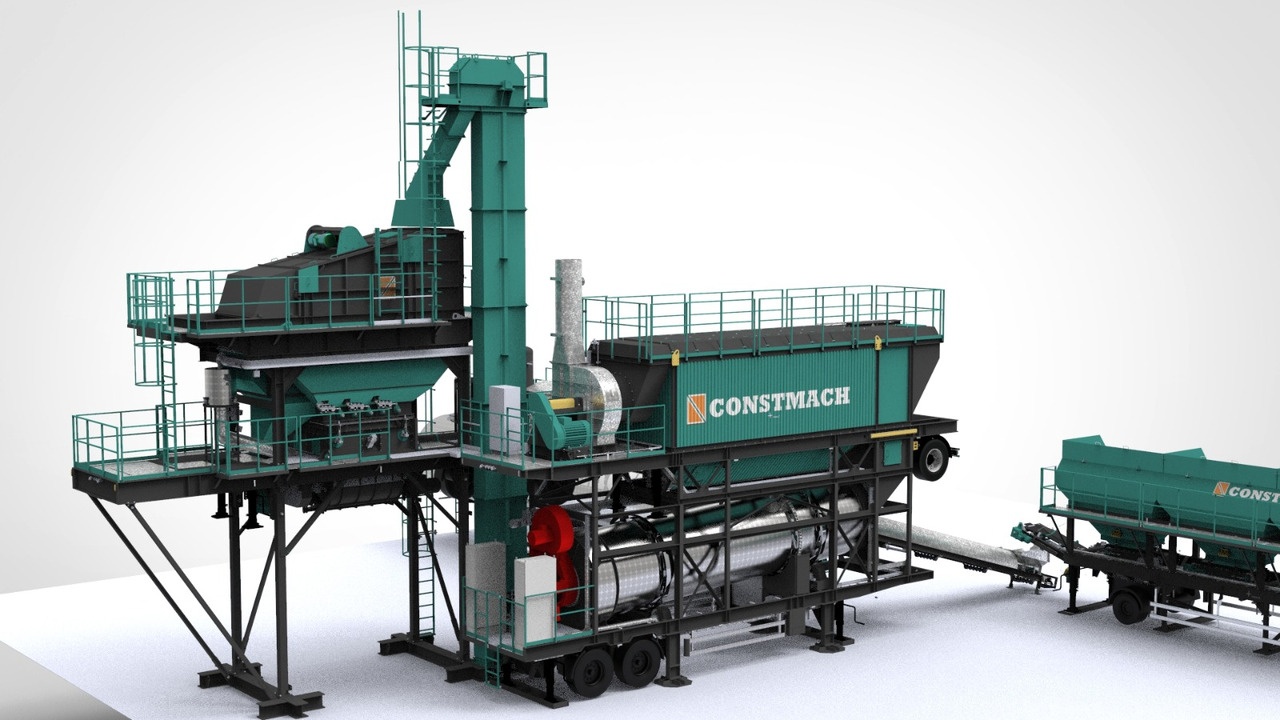
See all photos (10)
Constmach Mobile Asphalt Plant
Asphalt plant
New2025
Turkey, Halilbeyli Bayosb Anadolu Cad. No:1 Bağyurdu Organize Sanayi Bölgesi, Kemalpaşa/İzmir
Published: 2mo 8d
Ask for price
New2025
Turkey, Halilbeyli Bayosb Anadolu Cad. No:1 Bağyurdu Organize Sanayi Bölgesi, Kemalpaşa/İzmir
Contact the seller
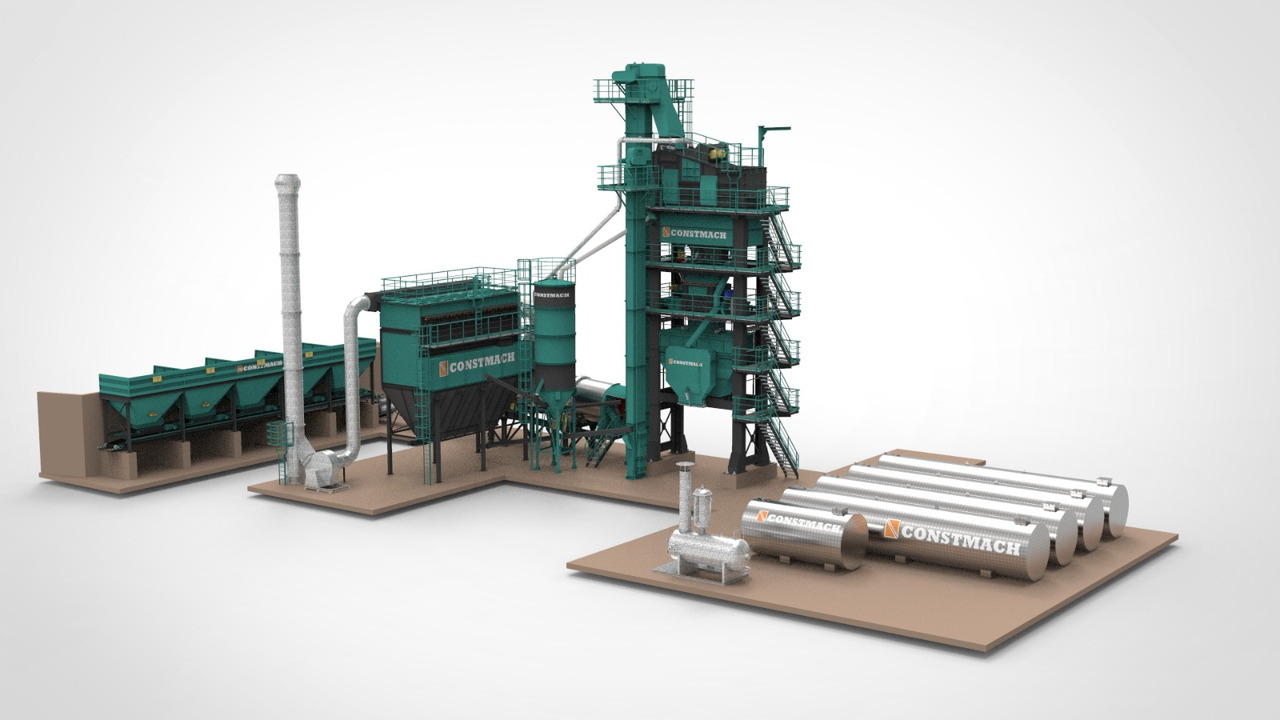




See all photos (11)
Constmach Stationary Asphalt Plant Delivered in Stock 2 Year Warranty
Asphalt plant
New2025
Turkey, Halilbeyli Bayosb Anadolu Cad. No:1 Bağyurdu Organize Sanayi Bölgesi, Kemalpaşa/İzmir
Published: 2mo 8d
Ask for price
New2025
Turkey, Halilbeyli Bayosb Anadolu Cad. No:1 Bağyurdu Organize Sanayi Bölgesi, Kemalpaşa/İzmir
Contact the seller





See all photos (20)
Constmach Stationary Batch Type Asphalt Plants
Asphalt plant
New2025
Turkey, Halilbeyli Bayosb Anadolu Cad. No:1 Bağyurdu Organize Sanayi Bölgesi, Kemalpaşa/İzmir
Published: 2mo 8d
Ask for price
New2025
Turkey, Halilbeyli Bayosb Anadolu Cad. No:1 Bağyurdu Organize Sanayi Bölgesi, Kemalpaşa/İzmir
Contact the seller


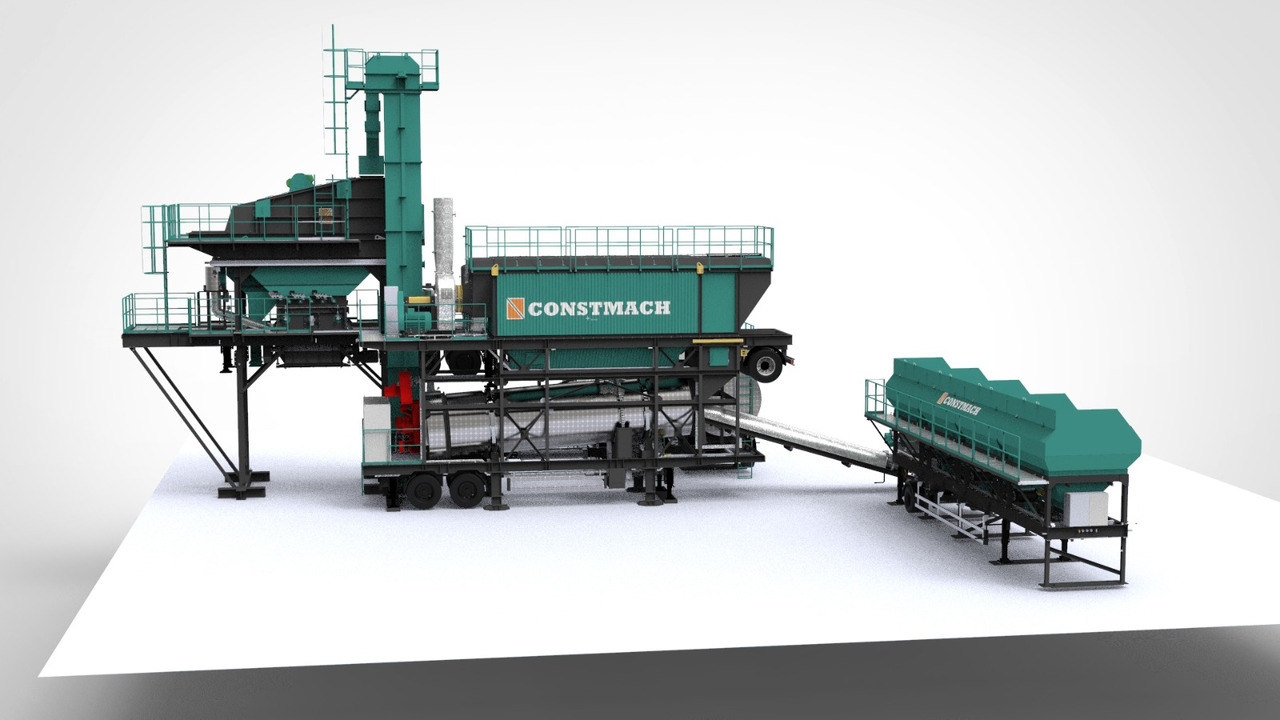

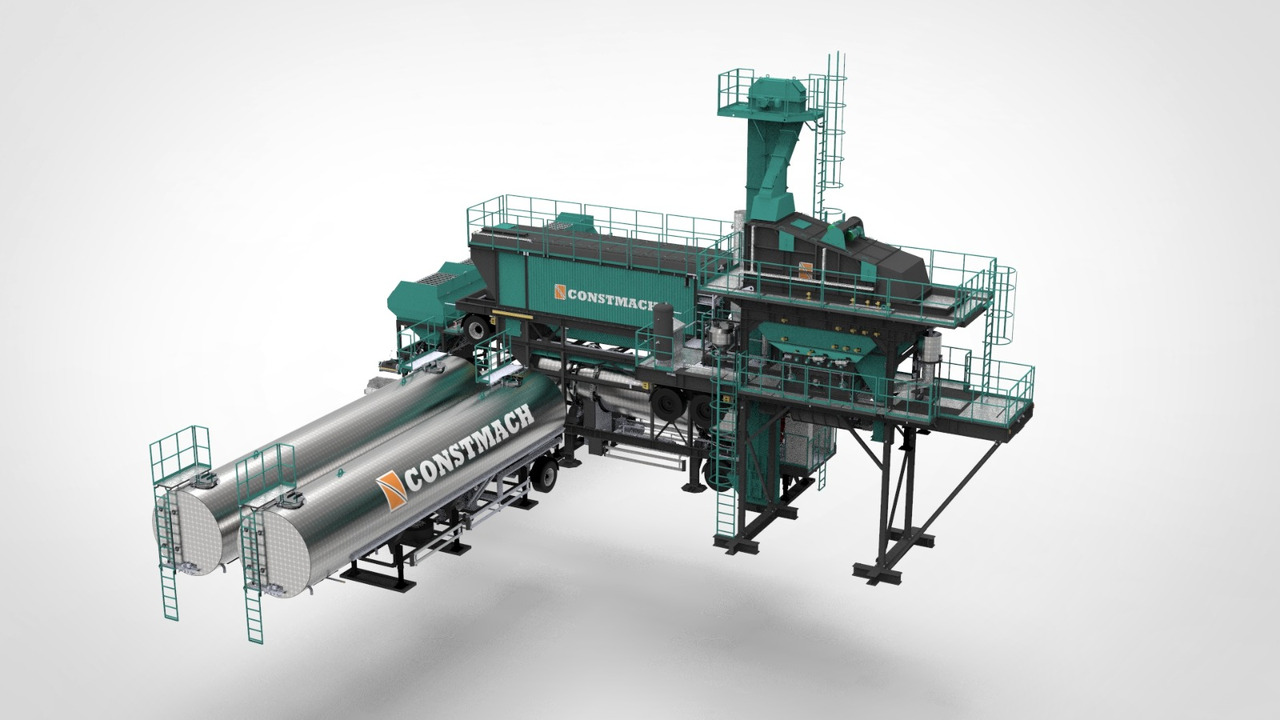
See all photos (10)
Constmach Centrales D'asphalte Mobiles de Type Batch
Asphalt plant
New2025
France, 2 Rue des Francs Bourgeois, 75003 Paris, Fransa
Published: 2mo 11d
Ask for price
New2025
France, 2 Rue des Francs Bourgeois, 75003 Paris, Fransa
Contact the seller





See all photos (10)
Constmach Centrale D'asphalte Mobile
Asphalt plant
New2025
France, 2 Rue des Francs Bourgeois, 75003 Paris, Fransa
Published: 2mo 11d
Ask for price
New2025
France, 2 Rue des Francs Bourgeois, 75003 Paris, Fransa
Contact the seller





See all photos (19)
Constmach Centrale D'asphalte Stationnaire Livrée en Stock Garantie 2 ans
Asphalt plant
New2025
France, 2 Rue des Francs Bourgeois, 75003 Paris, Fransa
Published: 2mo 11d
Ask for price
New2025
France, 2 Rue des Francs Bourgeois, 75003 Paris, Fransa
Contact the seller



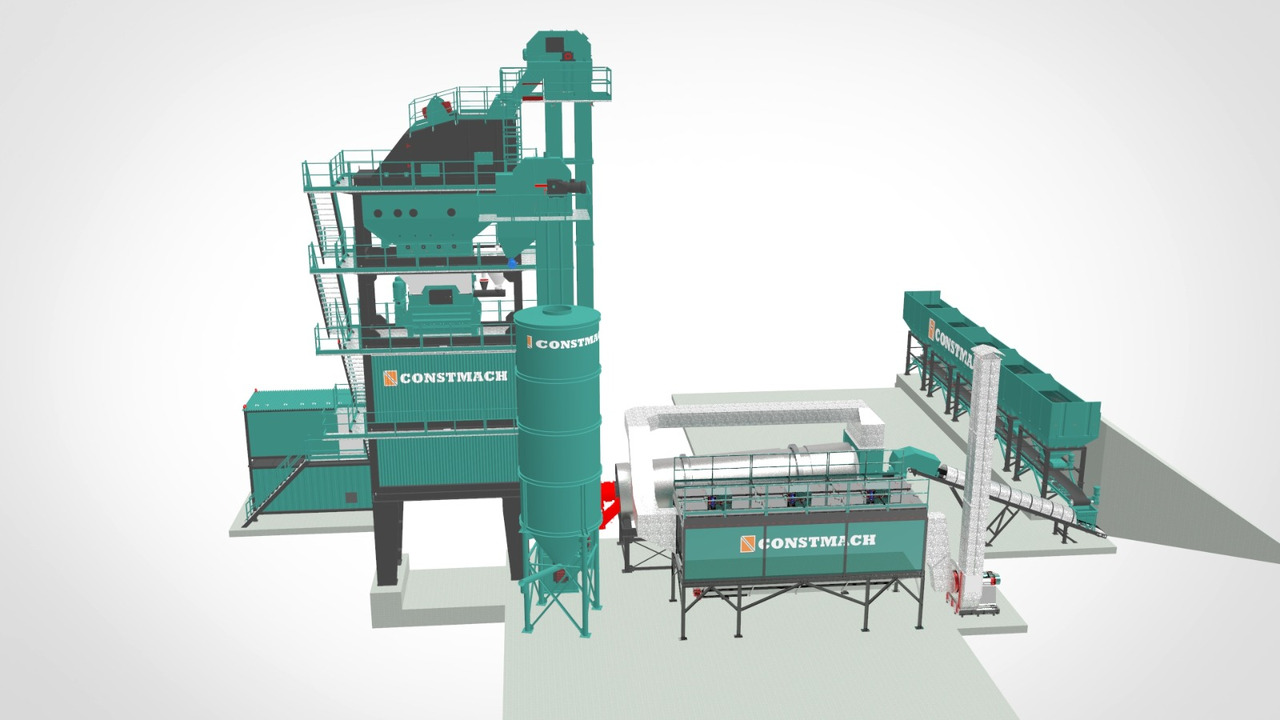

See all photos (21)
Constmach Centrales D'asphalte Fixes de Type Batch
Asphalt plant
New2025
France, 2 Rue des Francs Bourgeois, 75003 Paris, Fransa
Published: 2mo 11d
Ask for price
New2025
France, 2 Rue des Francs Bourgeois, 75003 Paris, Fransa
Contact the seller



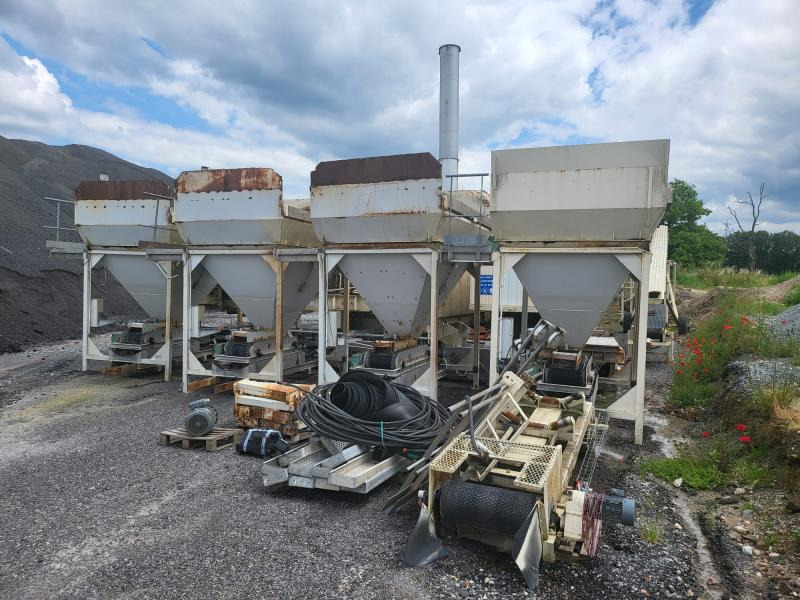

See all photos (47)
Ermont TSMR17XL
Asphalt plant
2001
France, 20 RUE DU MESNIL 02200 ACY France
Published: 4mo 7d
Ask for price
2001
France, 20 RUE DU MESNIL 02200 ACY France
Contact the seller
Page 1 of 2
T1 new listing page - Asphalt plants leasing

